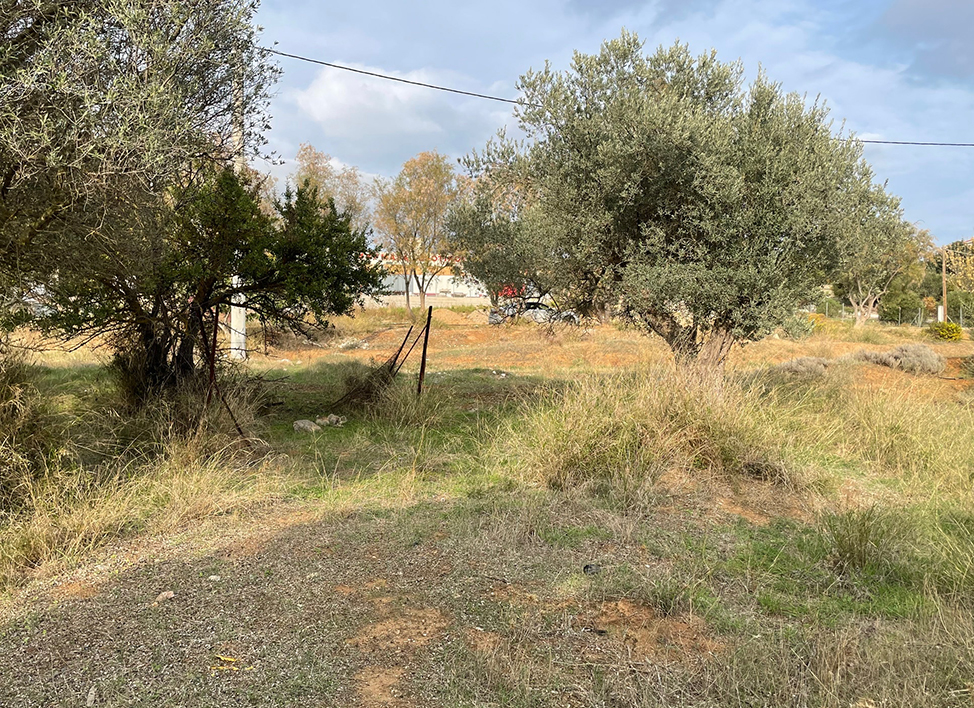The Council of State (ΣτΕ) ruled that the Administrative Court of Appeal had erred in accepting that property owners could secure “frontage on a public space” through a private notarial concession of a strip of land (397 sq.m.). The Court emphasized that such private arrangements cannot substitute for the lawful recognition of a road as public.
According to the Council of State’s reasoning, the existence of a lawfully recognized and opened road, connecting the property to the approved public road network, constitutes an essential prerequisite for buildability. Since, in this case, the greater part of the plot was located outside the approved town plan (εκτός σχεδίου), the Court found the plot non-buildable and annulled the contested building permit.
The Supreme Administrative Court further clarified that Greek legislation—primarily based on the Presidential Decree of 24/31 May 1985 and the established case law of the Council of State—requires that, for a plot located outside the city plan to be deemed buildable, it must have frontage on a lawfully existing public road. Such a road must be recognized by a formal administrative act (e.g., Presidential Decree, ministerial decision, or official act recognizing a road network).
Legally existing roads include international, national, provincial, municipal, and community roads, as well as road axes officially recognized within the framework of urban planning procedures.
A plot is considered genuinely buildable only when the road in question is physically opened and accessible, providing actual vehicular and pedestrian connection to the property.















